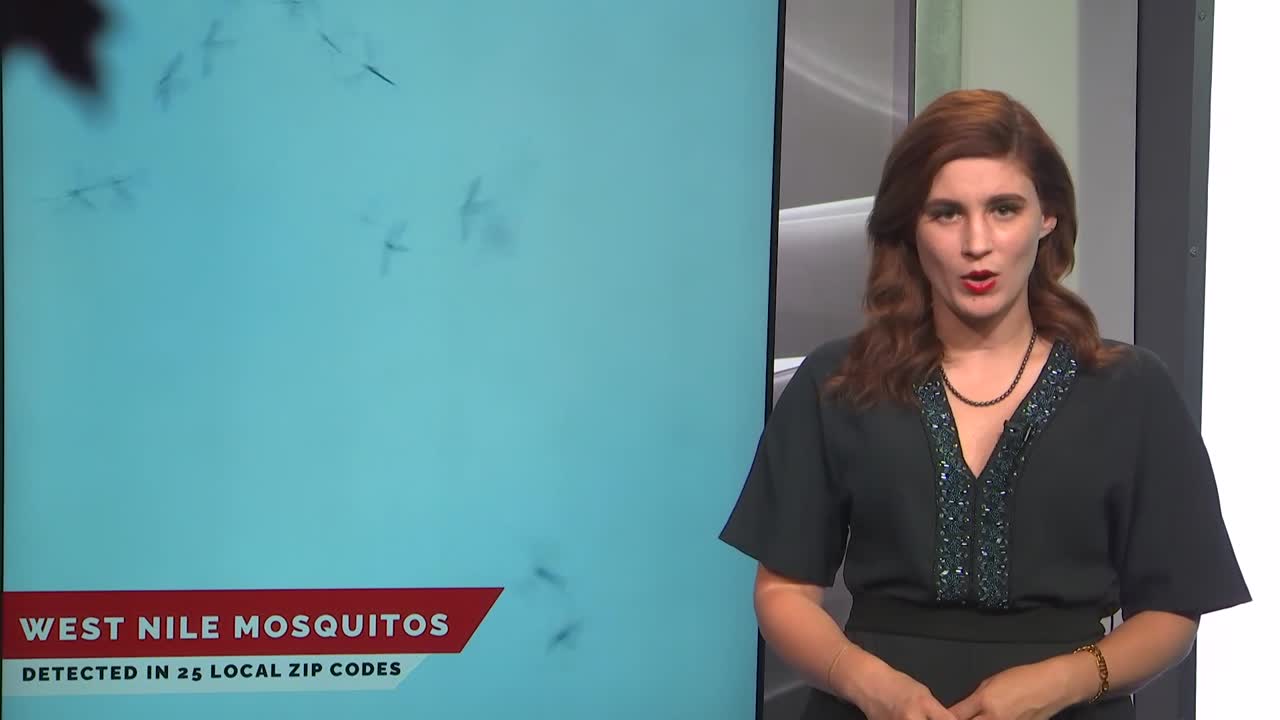Time: 2024-06-23
A surge in the mosquito population in and around Las Vegas has led to a record-breaking number of mosquitoes testing positive for West Nile virus, raising alarms among local health officials. The situation has prompted warnings for the public to take precautions to avoid mosquito bites. West Nile virus can result in symptoms such as fever, headaches, vomiting, and diarrhea, with about 1 in 150 cases being fatal. The Southern Nevada Health District has identified 169 pools of mosquitoes testing positive for the virus across 25 ZIP codes in southern Nevada.
The increasing prevalence of West Nile virus in Las Vegas is seen as a case study for how climate change can impact the spread of mosquito-borne diseases. Climate change, with rising temperatures and altered precipitation patterns, creates ideal breeding conditions for mosquitoes. The extended warm periods provide a longer active season for mosquitoes, increasing the risk of human exposure to diseases like West Nile virus. Las Vegas has experienced a significant rise in temperatures over the past few decades, leading to a noticeable increase in mosquito populations.

The presence of mosquitoes carrying West Nile virus in Las Vegas has raised concerns among public health officials, who fear that this summer could see a significant increase in human cases. The region has also witnessed a rise in another mosquito-borne disease, St. Louis encephalitis virus, further highlighting the threat posed by these insects. In addition to climate factors, human behavior, such as the presence of stagnant water in containers and unmaintained swimming pools, contributes to the proliferation of mosquitoes.
The Southern Nevada Health District has been actively monitoring and testing mosquitoes for diseases like West Nile virus to track the spread of infections. While the district does not directly perform mosquito control, it collaborates with other agencies to address potential breeding grounds for mosquitoes. Invasive species like Aedes aegypti pose a particular threat, as they can transmit diseases such as dengue, chikungunya, yellow fever, and Zika virus.
Efforts to minimize exposure to mosquito bites include avoiding outdoor activities during peak mosquito activity times, using insect repellents, wearing protective clothing, and eliminating standing water sources that serve as breeding grounds for mosquitoes. Public health advisories have been issued to raise awareness among healthcare providers and the general public about the risks associated with mosquito-borne diseases. As the climate continues to change, the battle against mosquito-borne illnesses remains a critical public health challenge in regions like Las Vegas.